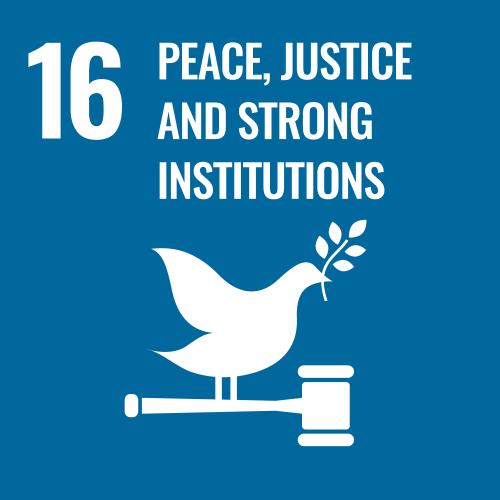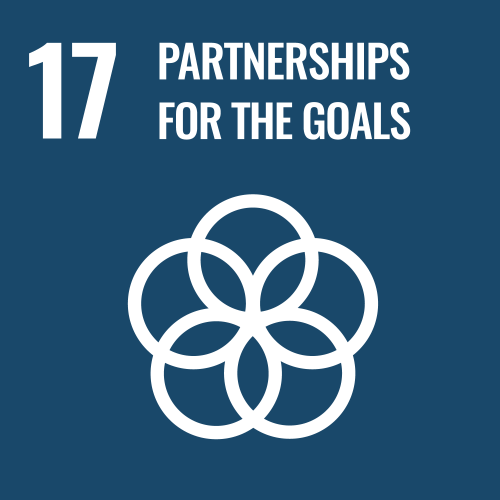
01/09/2025
Paraguay is one of the main cannabis-producing countries, and the Paraguayan port is also a destination for drugs coming from different Latin American countries. Ship registration is important in the fight against maritime drug trafficking.
Criminal organizations often use confined spaces to hide cocaine hydrochloride (CHC). Therefore, it is important that vessels be thoroughly inspected and comply with appropriate security measures.
The approach and boarding of suspicious vessels must be carried out following an appropriate operational protocol, taking into account knowledge of naval architecture, analysis and evaluation of information, and operational execution in accordance with applicable maritime legislation.
As part of the European port cooperation project, SEACOP has carried out a four-day training course in the Port of Villeta and surrounding areas in Paraguay, which has enabled exercises to be carried out in accordance with the protocol required for boarding and searching vessels suspected of carrying drugs.
On this occasion, the training was designed to respond to threats detected in the country linked to illicit drug trafficking via barges and tugboats. The training was aimed at personnel from the Paraguayan National Anti-Drug Secretariat (SENAD) and the Paraguayan Naval Prefecture, allowing them to consolidate their operational capacity in detecting drugs in complex maritime structures, thus reaffirming Paraguay’s commitment to the fight against transnational drug trafficking.
During the activity, the comprehensive GRES strategy was implemented, which seeks to apply a process of knowledge and impact based on interaction and continuous feedback from the different capabilities that must be addressed in a comprehensive manner: information, intelligence, investigation, interdiction, and inspection (seizure of vessels).
Teamwork and safety in the search are key to a successful outcome. During the training, two work teams were formed to carry out the exercises, from the initial gathering of intelligence to the preparation of an inspection report.
The closing ceremony of the training was attended by the deputy secretary of SENAD, Special Agent Supervisor General Esteban Caselli, and National Police Officer and FIAP Regional Coordinator for Latin America in the SEACOP VI project, Alfredo Díaz.


